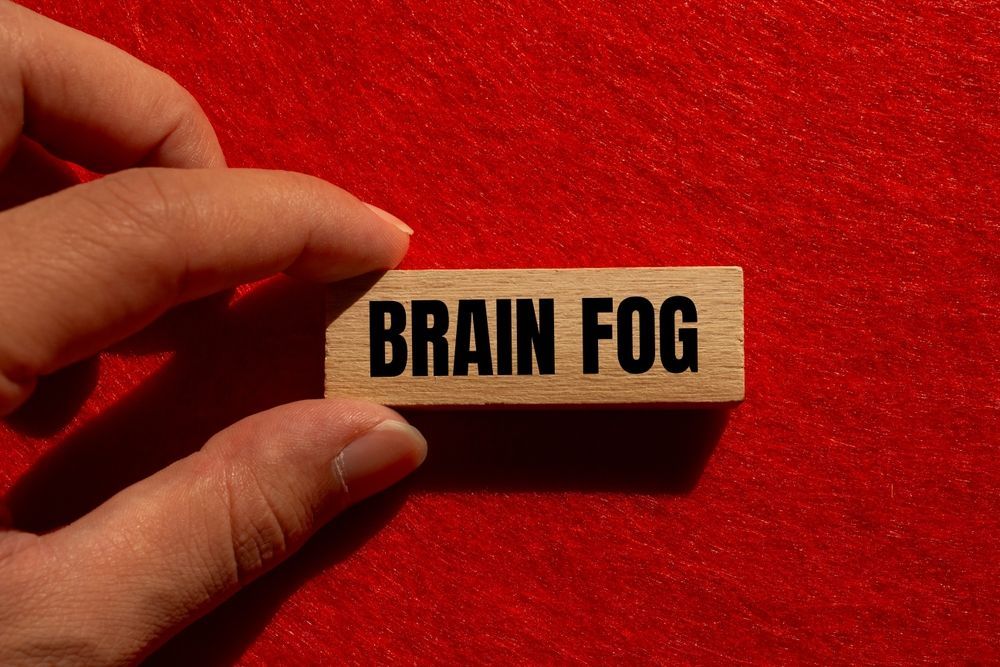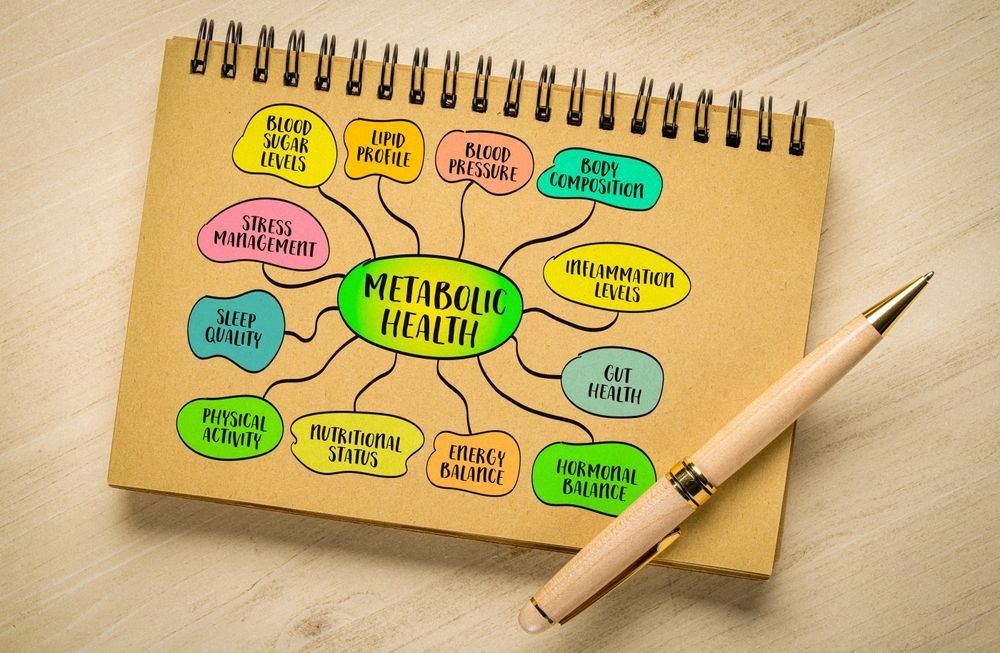Can IV Therapy Help Alleviate Depression Symptoms?

In recent years, IV therapy has gained attention as a potential treatment for various health issues, including depression. As mental health continues to be a crucial aspect of overall well-being, understanding how emerging therapies can aid in the management of depression is essential. This article delves into the connection between IV therapy and depression, examining its potential benefits and considerations.
Understanding Depression: A Brief Overview
Depression is a pervasive mental health disorder that affects millions of individuals worldwide. Characterized by persistent sadness, a lack of interest in previously enjoyed activities, and various physical symptoms, depression can significantly impact one’s quality of life. Understanding this condition is the first step in recognizing the various treatment options available.
The impact of depression extends beyond mood. It can interfere with daily routines, impair relationships, and lead to physical health issues. Individuals struggling with depression may find it challenging to carry out simple tasks, leading to a cycle of further isolation and despair.
The Impact of Depression on Daily Life
For many, the repercussions of depression can be all-encompassing. Daily activities such as going to work, socializing, or even maintaining personal hygiene can become daunting. In severe cases, individuals may withdraw entirely, causing further detriment to their mental and physical health.
Furthermore, depression often coexists with other medical conditions, complicating treatment and recovery. The combination of mental and physical distress can create a vicious cycle, making it essential to explore various treatment modalities.
Common Treatments for Depression
Traditionally, treatments for depression have included psychotherapy, medication, and lifestyle changes. Antidepressants, therapy sessions, and self-care strategies are often the cornerstone of treatment plans. However, the effectiveness of these methods can vary significantly between individuals.
As the search for effective therapies continues, alternatives such as IV therapy have emerged. These new treatments aim to address not only the symptoms but also the underlying physiological needs of individuals suffering from depression.
The Science Behind IV Therapy
IV therapy, or intravenous therapy, involves delivering fluids, vitamins, and medications directly into the bloodstream through a vein. This method allows for rapid absorption and can provide nutrients that may be lacking in an individual's diet, contributing to various health issues, including depression.
The science behind IV therapy is rooted in the body's physiological response to nutrients. When delivered via IV, nutrients bypass the digestive system, allowing for immediate uptake and utilization by the body. This can be particularly beneficial for individuals who may struggle with nutrient absorption due to health issues or dietary restrictions.
What is IV Therapy?
IV therapy typically includes a mix of saline solution, vitamins, and other nutrients tailored to meet an individual's specific needs. Common infusions may include B vitamins, vitamin C, magnesium, and amino acids, each known for their role in maintaining mental and emotional health.
This approach emphasizes the importance of adequate hydration and nutrient levels in managing depression symptoms. By replenishing these depleted resources, IV therapy aims to aid in recovery and overall mental well-being.
The Process of IV Therapy
The process of receiving IV therapy is relatively straightforward. It usually takes place in a clinical setting, where a trained healthcare professional administers the infusion. The procedure begins with an assessment to determine the appropriate blend of nutrients based on individual health status and needs.
Once prepared, a small catheter is inserted into a vein, and the nutrient solution is delivered slowly into the bloodstream. Sessions can last anywhere from 30 minutes to several hours, depending on the treatment plan. Many individuals report feeling revitalized almost immediately following the procedure.
IV Therapy and Depression: The Connection
The connection between IV therapy and depression lies in the potential for enhanced nutrient delivery and its effects on mental health. Nutrients play a vital role in brain function, affecting mood regulation and emotional stability. By ensuring adequate levels of these essential resources, there is a possibility of alleviating depressive symptoms.
How IV Therapy Works to Alleviate Depression Symptoms
One of the key aspects of IV therapy is its ability to quickly restore nutrient levels that directly influence neurotransmitter function. Neurotransmitters such as serotonin and dopamine are crucial for mood regulation; thus, proper nutrient support can potentially lead to improvements in depression symptoms.
Moreover, individuals who experience fatigue, brain fog, or low energy levels often associated with depression may find IV therapy rejuvenating. This renewed energy can encourage physical activity, social interaction, and overall engagement in life, key components in battling depression.
The Role of Nutrients in IV Therapy for Depression
The nutrients commonly included in IV therapy, such as B vitamins and magnesium, have been studied for their role in mental health. B vitamins are essential for brain function, while magnesium assists in mood stabilization. Other compounds like amino acids, which serve as building blocks for neurotransmitters, can further support mental health when delivered effectively through IV therapy.
By addressing these nutritional deficiencies, IV therapy has the potential to provide supplementary support to traditional depression treatments, leading to more holistic care strategies.
Potential Benefits of IV Therapy for Depression
As research evolves, numerous potential benefits of IV therapy for treating depression are emerging. Many patients have reported positive experiences, highlighting various aspects of this treatment option.
Immediate Absorption of Nutrients
One significant advantage of IV therapy is the immediate absorption of nutrients, allowing the body to utilize them quickly. This is particularly beneficial for individuals who may not be getting enough essential nutrients through their diet alone, especially in times of emotional distress.
This rapid delivery can lead to feelings of revitalization, improving mood and overall well-being almost immediately after treatment. Many patients report feeling more energetic and mentally clear, often resulting in increased motivation to engage in therapeutic activities.
Personalized Treatment Plans
Another benefit of IV therapy for depression is the personalized nature of treatment plans. Healthcare providers can tailor nutrient compositions to meet specific individual needs, considering health history and nutrient deficiencies. This individualized approach enhances the likelihood of positive outcomes, providing a customized strategy to combat depression symptoms.
As the user’s needs change over time, the treatment plan can be adjusted, allowing for continuous support throughout the recovery process.
Risks and Considerations of IV Therapy for Depression
While IV therapy shows promising potential for alleviating depression symptoms, it is essential to consider the risks and caveats associated with this treatment.
Potential Side Effects of IV Therapy
Like any medical treatment, IV therapy can have side effects. Some individuals may experience mild discomfort at the injection site, such as swelling or bruising. More severe reactions, although rare, can include infection or allergic responses to the components of the infusion.
It is crucial for individuals considering IV therapy to consult with healthcare providers, ensuring a thorough understanding of potential risks and benefits tailored to specific health profiles.
Who Should Avoid IV Therapy?
IV therapy may not be suitable for everyone. Individuals with certain health conditions, such as heart problems, kidney diseases, or those who are pregnant, should approach this treatment cautiously. It is vital to discuss any existing health issues or concerns with a medical professional before proceeding.
Ultimately, while IV therapy may provide benefits for some individuals suffering from depression, it should be considered as part of a comprehensive treatment plan, complementing traditional approaches rather than replacing them.
In conclusion, IV therapy presents an intriguing avenue for addressing depression symptoms, especially alongside conventional treatments. By understanding both the potential and the risks associated with this therapy, individuals can make informed decisions about their mental health care.










